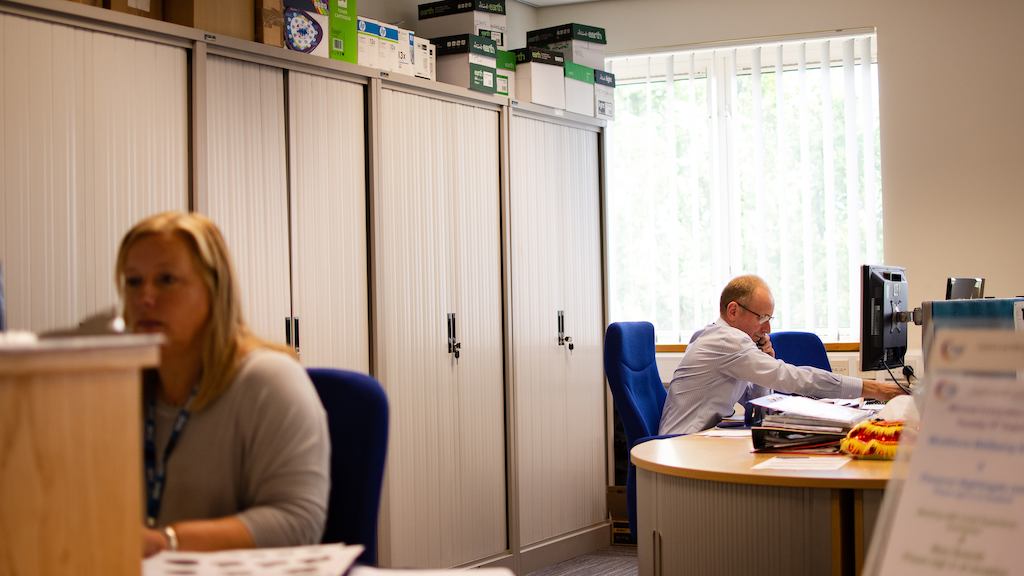It's great to hear those across the political spectrum recognise the importance of older workers, and the need to spread access to flexible work and back-to-work support. We know from ONS surveys that flexible working is the most important factor amongst older workers considering a return to work. Being able to work from home is also a major priority for 1 in 8 older workers contemplating returning to the workplace.
It's promising that new findings indicate that managers are more positive about flexible working than they have ever been with the vast majority believing that it increases productivity. Any messaging or signalling from government that all employers should be singing from this hymn sheet can only help to raise that flexible working positivity further.
There has also, rightly, been talk about how best to engage potential jobseekers and offer support outside of the Jobcentre in an effort to “de-stigmatise” the return to work.
Our evidence shows that bringing employment support to settings where we are comfortable can make a big difference. At present, older workers have to access support through the Jobcentre, even schemes tailored for them such as the 50Plus Champions. For a number of reasons, this might be an unappealing prospect for older workers and so instead they plough a lone furrow without the support they might need or simply decide to ride out the financial storm in retirement, regardless of how tough their situation might get.
We at Ageing Better would love to see all political parties be even bolder and take this de-stigmatising work even further: offering back-to-work support outside of the benefits regime entirely which could encourage a much greater range of people to seek help.
One way the government could make this happen quickly is by bringing forward the Shared Prosperity Funding for skills and employment support, so that it is available in the next financial year. This would allow the experienced network of community-based employment support providers to use their knowledge to tackle the immediate inactivity crisis, and create an opportunity for innovative new approaches to be tested.
We also welcome ambitions to build on the success of partnerships with the voluntary and private sector working at a local level as well as concentrating more resources to local communities. We're a close partner of the Greater Manchester Combined Authority, which has been working with people aged 50+ and local organisations to develop new services that provide more effective employment support for this older age group.
So, we know from experience the many benefits of having solutions that are grounded in the locality, that grapple with the challenges of a specific area and which listen to and use people’s experiences to improve what has gone before. The current political focus on older workers is welcome. The real work must now begin to make these proposals a reality and deliver the changes needed to bring material benefits to people’s lives and the economy.


